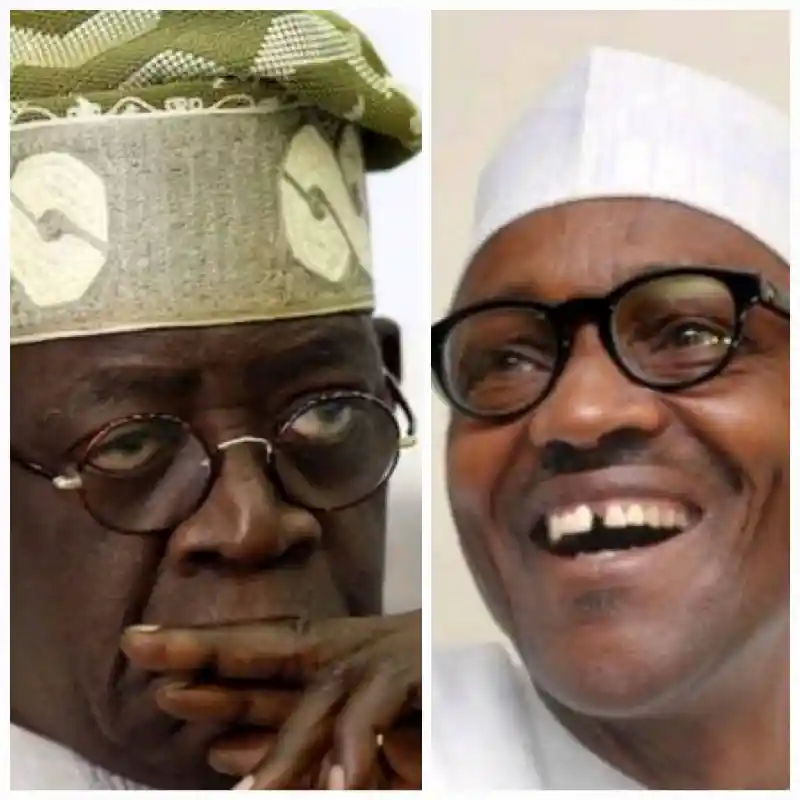Mass Defection Looms as Former President Buhari Rejects APC Governors’ Plea
- Advertisement -
Nigeria’s ruling party, the All Progressives Congress (APC), is facing a fresh wave of internal unrest following reports that former President Muhammadu Buhari has declined appeals from APC governors to prevent a potential mass defection of his loyalists. The development has sent shockwaves through the party ranks, especially as the countdown to the 2027 general elections begins.
Also Read : Nigeria is Collapsing – Peter Obi Blasts Silent Opposition: ‘Speak Up Before It’s Too Late
Buhari Meets APC Governors Amid Party Crisis
On Monday, April 7, 2025, former President Buhari held a closed-door meeting with several APC governors in Kaduna State. While the meeting appeared routine on the surface, insiders revealed it was fueled by mounting concerns over the potential exit of the Congress for Progressive Change (CPC) bloc—an influential faction within the APC and a political base closely tied to Buhari.
- Advertisement -
According to Daily Trust, the governors urged Buhari to leverage his influence to stop his CPC-aligned loyalists from defecting to opposition parties, particularly the Social Democratic Party (SDP). However, Buhari reportedly rebuffed the request, emphasizing his commitment to political freedom.
Buhari Stands Firm: “I Will Not Impose My Will”
While reaffirming his loyalty to the APC, Buhari made it clear that he would not pressure his allies into remaining in the party.
“I remain loyal to the APC, but I will not impose decisions on others. Everyone has the right to make their own political choices,” Buhari reportedly said.
- Advertisement -
This stance has left APC governors deeply unsettled, as the CPC bloc—though formally dissolved—continues to wield political power, especially in the Northern region where Buhari enjoys near-cult status.
Defection Rumors Intensify
Reliable sources confirm that several former ministers and key aides from the Buhari administration are already in advanced talks to defect to the SDP. If confirmed, this move could significantly weaken the APC’s base and boost the chances of rival parties in critical battleground states.
| Key Factions at Risk | Likely Destination |
|---|---|
| CPC-aligned loyalists | Social Democratic Party (SDP) |
| Former Buhari ministers | SDP or independent political movements |
- Advertisement -
What This Means for APC Ahead of 2027
With Buhari choosing not to intervene, the APC faces a potential fracture that could alter its electoral strength. Analysts warn that Buhari’s passive influence, if not carefully managed, could lead to a major political realignment, especially in Northern Nigeria where his backing has historically delivered massive bloc votes.
“The governors are worried. Buhari’s enduring cult-like following in the North could become a threat if he passively allows loyalists to jump ship,” an APC source said.
What you should know
As the 2027 elections approach, the APC must confront a critical dilemma—either address internal discontent and reestablish unity or risk losing its grip on power. While Buhari’s personal loyalty to the party remains intact, his non-interference approach could be the catalyst for a new era of political shifts in Nigeria.
Political observers are watching closely: Will Buhari continue to stay on the sidelines, or will his influence once again reshape Nigeria’s political terrain?
- Advertisement -


